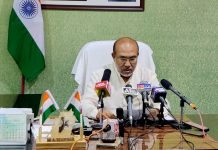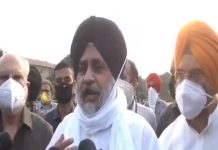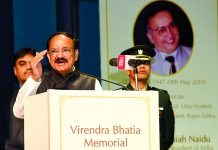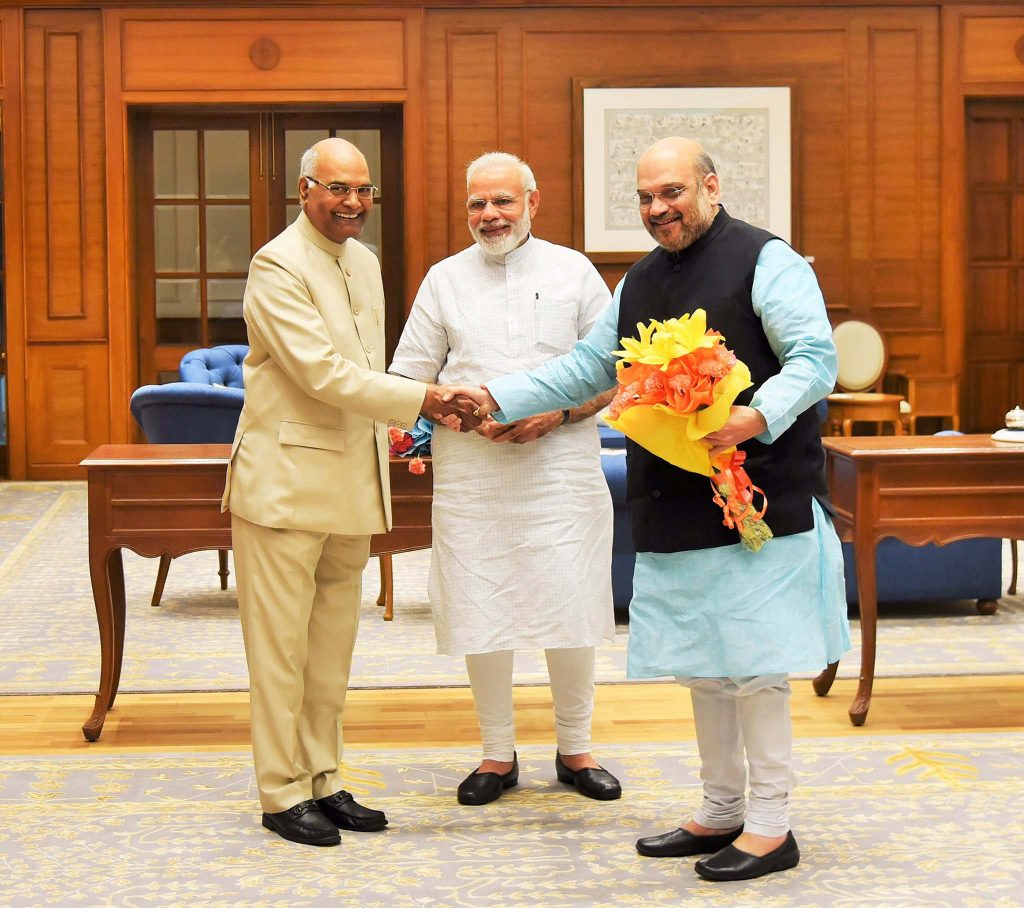
While the Government is pointing to the advantages of ONOE, there are many concerns that have been raised by political parties and constitutional experts on the issue
The idea of One Nation, One Election (ONOE) that is making headlines these days is not something that India is a stranger to. For the uninitiated, the main idea behind ONOE is to hold Lok Sabha, State Assembly and local elections across all States at the same time in order to reduce the frequency of polls that are held in the country.
In fact, ONOE was the norm till 1967, but those were different times because we had fewer States and a smaller population. Eventually, despite the aforementioned factors, frequent defections, horse-trading and dissolution of Assemblies in the 60s led to separate elections for the Lok Sabha and State Assemblies.
However, given the frequency of polls in India and the massive expense that is incurred for holding each election, the idea of ONOE was once again put on the table in 1999 by BP Jeevan Reddy who was heading the Law Commission then. Not much came out of it though and the issue was put on the backburner, till in January 2018 the then President of India, Ram Nath Kovind in his Parliamentary address referred to ONOE as one of the reforms proposed by the Prime Minister Narendra Modi-led Government.
Now, with the 2024 Lok Sabha polls looming large, ONOE has again gained traction with the Centre bringing it up with increasing frequency. So it was obviously on the mind of this Government which has by now earned a reputation for making some landmark decisions that are good for the nation, some hasty, uncomfortable ones and sometimes not making any decisions at all when it should be acting with alacrity. But, that is a conversation for another day. Right now, the Opposition parties are up in arms about ONOE ever since the Government announced the formation of the fourth panel to discuss this concept. Unsurprisingly, the high-level committee will be led by Ram Nath Kovind and it has been tasked with studying and making recommendations on the issue of holding simultaneous polls to the Lok Sabha, State Assemblies and local bodies.
The panel in question includes Union Home Minister Amit Shah, former Leader of the Opposition in Rajya Sabha, Ghulam Nabi Azad, senior advocate Harish Salve, former Lok Sabha Secretary-General, Subhash Kashyap, retired IAS officer NK Singh and former Central Vigilance Commissioner Sanjay Kothari.
It would definitely have served the nation better if the panel had included a few more leaders of key Opposition parties to create a balance and have more free and wide-ranging discussions. But that was not so and sadly, the one Congress leader in Lok Sabha, Adhir Ranjan Chowdury, who was given the opportunity to be a part of this crucial study refused to be a part of it and called it “eyewash.” One wishes that he had stayed on the committee and been the voice of the Opposition that is so needed in a healthy democracy. Anyways, for reasons best known to the Congress the party kept out of this crucial exercise.
As of now political parties of all hues are slamming the Government’s decision as an attack on democracy. For instance, renowned Supreme Court lawyer, Swaraj India leader and activist Prashant Bhushan has alleged that the Central Government has been campaigning for ONOE to postpone the forthcoming Assembly elections in the five States of Madhya Pradesh, Rajasthan, Chhattisgarh, Telangana and Mizoram later this year.
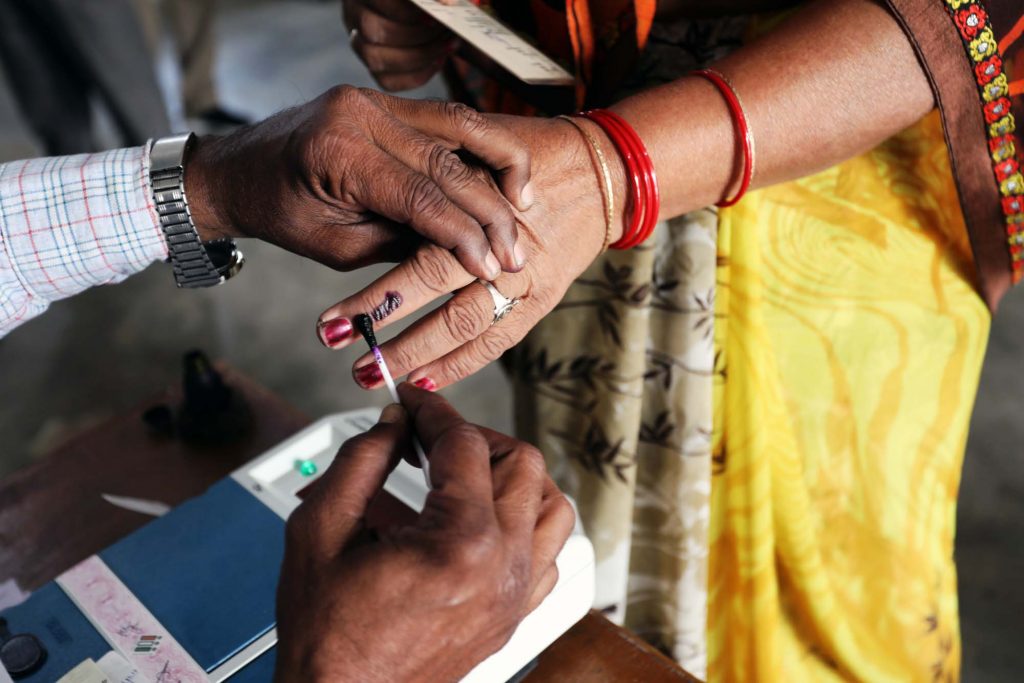
“ONOE cannot be implemented in a Parliamentary democracy like India because in our system, a Government can fall in midterm when it loses majority and a fresh Government forms,” Bhushan is quoted as saying in media reports. However, if the ONOE is implemented, in such a situation, Presidential Rule will be imposed, which is against democracy, he pointed out.
Senior Congress leader and lawyer P Chidambaram has opined in an article that the “Law Commission and other committees have pointed out that the idea requires at least five Constitutional Amendments, besides the huge political and administrative objections. Nevertheless, the Government is accelerating the process with the appointment of a puppet committee. The goal is not one poll; the real goal is one pole — the BJP — around which the entire political system will be re-constructed. By combining national and State elections, the BJP hopes to win the Lok Sabha poll with a two-thirds majority and win enough States. That will pave the way for radical Constitutional changes which will sweep aside all obstacles to the establishment of a Hindu Rashtra. It is a bold gamble.”
Now, with the Opposition going hammer and tongs at the Government for trying to introduce ONOE without wide-ranging consultations with all stakeholders, India’s Chief Election Commissioner Rajiv Kumar has indicated that the Election Commission may be ready to conduct simultaneous polls to the Lok Sabha and State Assemblies soon. So, it’s very obvious that the Centre is keen to push this through and given its massive mandate it is possible that the Government will go through with it too, sooner than later.
So let’s take a look at the pros and cons of ONOE.
One very obvious benefit that comes to mind when we talk about ONOE is the fact that it would save citizens a lot of bother and time if they had the opportunity to choose their representatives for the Lok Sabha, the State Assembly, and the local bodies, all in one go. Voting is not just our right it is also our duty, but many times because of our busy work schedules or other pressing demands on our time we let go of the opportunity to cast our precious vote. So, having all three elections at one time will make it easier on the electorate and will also address the issue of voter apathy that we have been facing for so many Assembly elections.
It will also save the Election Commission a lot of effort, time, and expense if all three elections are held simultaneously. Of course, buying more EVMs and creating the infrastructure to enable the whole nation to cast their vote for three different elections at the same time will be a major expense but that would be an initial investment. Plus the onerous task of creating and updating the electoral rolls that cost the poll panel a lot of time, manpower, and money will not have to be done every time and the same roll would be used for all the elections. This works well for the voters as well because they would be assured of their names being in the rolls for all the elections.
Another advantage of ONOE is that political parties will not have to spend again and again on campaigning etc. for the Lok Sabha and Assembly elections. The expense would be brought down considerably, giving everyone a huge respite because holding an election is not a cheap exercise for any political party if it is serious about winning. It is all about creating hype and visibility and outreach to the electorate. All this requires money. For instance, during the 2019 Lok Sabha Elections a whopping Rs 60,000 crore was reportedly spent.
However, that said I would like to point out that in all fairness there is economic research out there that suggests that spending by parties and candidates during elections actually benefits the economy of the area and the Government’s tax revenues by boosting private consumption and serving as a stimulus.
Plus, most major political parties use their top leadership to woo the electorate. For those parties who are not in power, it is easy to get the party brass on the campaign trail, but for those in power, it is a nightmare to coordinate the dates on when the leaders would be available. So, in one go the party leadership will be able to fulfill their campaign commitments.
This, in turn, would also be good for the country as governance will not be hit. Frequent elections in the country force leaders to put all their work on hold and hit the campaign trail. From the Prime Minister to Union Ministers, from Chief Ministers to State Ministers to MPs, MLAs and Panchayat members, everyone has to be seen and heard if their candidate is to have any chance of being elected. ONOE will put an end to such frequent disruptions and all those in power will be able to spend more time on governance.
Plus, every time there is an election, the administration at various levels gets disrupted as work in various Government offices comes to a standstill just as it does in Government schools. This disruption will happen but just once, in one go, and not as frequently as it does now and the administrative machinery will run a little more efficiently.
That said, one cannot talk about elections and ignore the massive deployment of the paramilitary and CAPF for the peaceful conduct of polls. Due to the frequency of elections in India, they are time and again called away from their main duties and their redeployment is a costly affair. ONOE will ease the burden on the exchequer and also on the already-stretched security forces.
The other advantages of ONOE would be less frequent policy paralysis due to the Model Code of Conduct coming into play once the polls are announced by the election panel and fewer announcements of freebies by State Governments. This, in turn, would result in improving the finances of States because sops do burn a hole in a State’s budget.
However, there are always two sides to a coin. While the Government is pointing to the advantages of ONOE, there are many concerns that have been raised by political parties and constitutional experts on the issue. The most major issue that has been raised is the erosion of the concept of ‘federalism’ via ONOE as it contradicts Article 1 which states that India is a “Union of States”.
In fact, legal experts hold that ONOE is not feasible within the existing framework of the Constitution, the Representation of the People Act 1951, and the Rules of Procedure of Lok Sabha and State Assemblies, and that these would have to be amended suitably to enable ONOE.
Plus there is a major concern and rightly so that the ONOE would eclipse regional interests of the people that are highlighted in the Assembly and local body polls as Lok Sabha elections are fought on issues of national importance.
Last but not least the tenure of Lok Sabha and State Assemblies is for five years unless dissolved earlier. So, once ONOE is in place, what will happen if the Central or State Government collapses before completing its term? Would elections be held again in every State or will President’s Rule be imposed?
These and many other issues regarding ONOE will come to the fore as the days go by. One thing is certain, it’s a very complex issue, and as it involves the future and the interests of the whole nation the powers that be would do well to build a consensus through talks, campaigns, and outreach programmes so that an informed, well-thought-out decision can be taken for the good of the janata janardhan.








